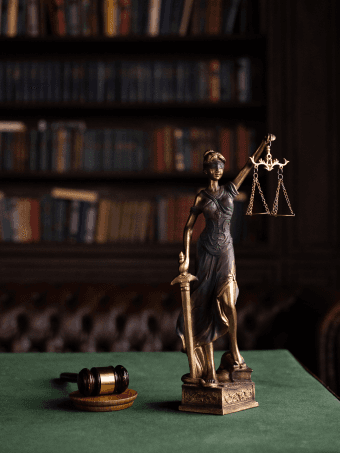The Trademarking of Barbie
Trademark protection plays a crucial role in guarding the distinctive features that make a brand recognizable and different from competitors. Mattel has been proactive in securing trademarks for various aspects of Barbie, including her name, appearance, and associated products. Let's delve into some of the key trademarks that Mattel holds concerning Barbie:
Barbie Name and Likeness: The most fundamental and well-known trademark of all is the name "Barbie" itself. Mattel holds exclusive rights to use the name in connection with dolls, toys, and related merchandise. Additionally, the likeness of Barbie, including her iconic face sculpt and fashion choices, is protected under this trademark.
Barbie Logo: Mattel's Barbie logo, featuring the word "Barbie" in a distinctive font, has also been trademarked. This logo is prominently displayed on all Barbie products, packaging, and marketing materials, ensuring instant recognition worldwide.
Barbie Fashionistas: As Barbie's line of diverse and fashion-forward dolls, the "Barbie Fashionistas" brand name has been trademarked to distinguish it from other Barbie collections.
Barbie Dreamhouse: Barbie's luxurious Dreamhouse, a popular playset for young fans, is protected under trademark law. This ensures that unauthorized companies cannot produce identical products using the same name.
Barbie Trademark Disputes
Over the years, Mattel has encountered numerous trademark disputes related to Barbie. Some of these cases have been high-profile, drawing significant attention to the importance of trademark protection. Let's explore a couple of real instances where Mattel has asserted their trademark rights:
Barbie vs. Bratz
One of the most notable trademark disputes involving Barbie was the legal battle with MGA Entertainment over the Bratz dolls. In 2001, MGA introduced the Bratz dolls, which featured an edgier, urban-inspired look, capturing the attention of the market and posing a serious challenge to Barbie's dominance.
Mattel sued MGA Entertainment, alleging that the Bratz dolls' creator, Carter Bryant, had developed the concept while still employed at Mattel. The legal battle raged on for years until a jury found in favor of MGA in 2008, ruling that the idea for Bratz was not developed during Bryant's tenure at Mattel. However, the case continued, and in 2011, a federal jury ordered MGA to pay Mattel $310 million for copyright infringement and trade secret misappropriation. The verdict was later overturned, and in 2013, the two companies reached a settlement, ending the long-standing dispute
Barbie vs. Burberry
In June 2023, Matell has filed a notice of opposition at the US Patent and Trademark Office (USPTO) to a trademark applied for by luxury fashion house Burberry for “BRBY”. Burberry submitted an application for the mark “BRBY” in July 2022 for goods and services in Class 18 (includes leather bags, vanity cases, holdalls), and Class 25 ( includes coats and jackets, articles of underclothing). Mattel argues that the marks are visually similar and, when spoken aloud, also phonetically identical, which could lead to consumer confusion. Additionally, there is an overlap in the goods and services associated with each mark, particularly in connection with handbags, overnight bags, luggage, a broad range of clothing and apparel, footwear, and headwear.
Takeaway
Barbie's enduring popularity is a testament to the timeless appeal of this iconic fashion doll. Behind the scenes, Mattel's vigilant approach to trademark protection has been instrumental in preserving Barbie's image and keeping her brand a global success. Through proactive trademarking and rigorous policies, Mattel has demonstrated a steadfast commitment to safeguarding the legacy of Barbie.


